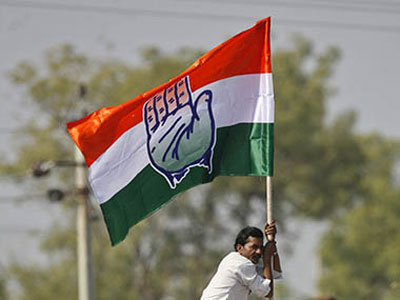Open Source Politics
By Uday Dandavate | PUBLISHED: 26, Apr 2014, 14:06 pm IST | UPDATED: 26, Apr 2014, 14:52 pm IST
 This
This morning I woke up with an idea- I realized the key political parties in India remind me of some of the players in the tech industry.
The congress party is like Apple- a walled garden approach. An entire organization serves the leadership of a single person. Lately it is having problems with its new leader in inspiring the market. It's market share is declining. Stock price is down. Johnathan Ive, is in the meanwhile trying to inject some charm into the apple campaign.
The one to usurp its market share, samsung, I compare with the BJP. It has smartly established its presence on Android platform which is relatively more open than Apple's iOS. Samsung is embroiled in many court cases, but does not care. It continues to steal apple's patented ideas and settles court cases while continuing to surge in the marketplace. Many people find Korean corporate culture autocratic and regressive ( especially toward women) but consumers don't care as long as they get ideas copied from others at a better price. "Let Samsung settle their cases, we will enjoy the fruits of their development" say consumers. In today's dog eat dog world, Samsung's ways are getting rewarded while the apple computer and the stock market is still waiting for the new leader of apple to perform miracles.
The Aam Aadmi party is like the open source movement- the idea is great. It works. Youth are driven to it because it empowers everyday people to collaborate and participate in creation of innovation and content. It challenges the corporate establishment and everyone wishes and dreams that one day open source will show the way. But the corporate establishment does not understand it. Mainstream consumers consider it unconventional and not as stable as other corporate supported options. It does not conform to traditional notions of corporate governance.
Infosys is like the regional parties. Has great ambitions, but is limited by its history of serving a narrow agenda of building a business on back-end development as opposed to a visionary and innovative globally competitive product that would appeal to global markets. Additionally dynastic politics is creating unease amidst its leadership.
We all hope to see open source technology prevail over the capitalist, monolithic corporate culture.
 This morning I woke up with an idea- I realized the key political parties in India remind me of some of the players in the tech industry.
This morning I woke up with an idea- I realized the key political parties in India remind me of some of the players in the tech industry.